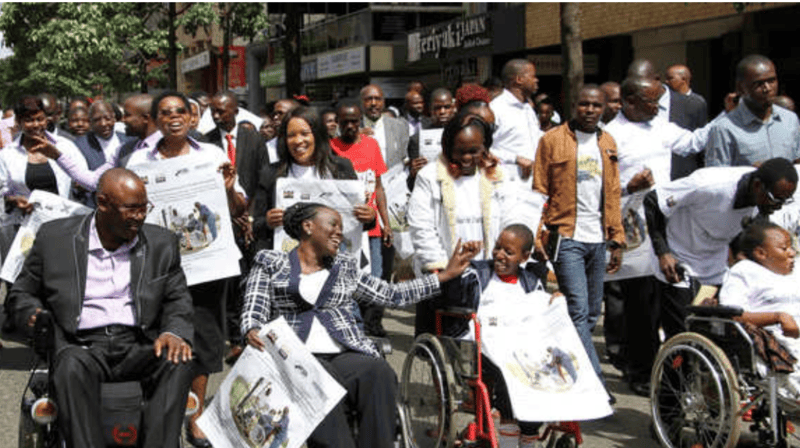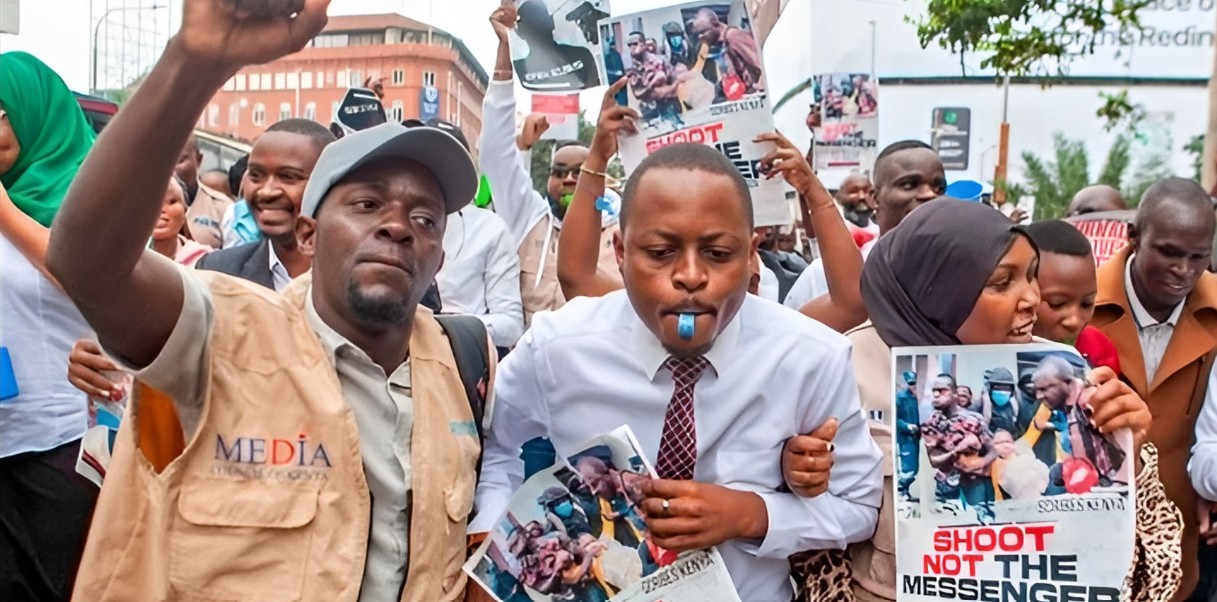UN Security Council rejects bid to continue Iran sanctions relief

The rejection means the snapback mechanism, included in the 2015 nuclear deal, remains in place, allowing UN sanctions to return if triggered.
The United Nations Security Council on Friday rejected a resolution aimed at stopping sanctions from automatically returning on Iran. Only four countries, Algeria, China, Pakistan, and Russia, supported the measure, while nine voted against it and two abstained, falling short of the nine votes needed.
The vote follows a 30-day process launched in late August by Britain, France, and Germany, known as the E3, to reinstate sanctions unless the Iranian government meets their demands.
More To Read
- Iran boycotts 2026 World Cup draw after US denies visas to delegation
- Africa’s rapid drone expansion promises high-tech warfare but struggles to achieve strategic results
- Court orders detention of six Iranians in Sh8.2 billion narcotics case
- Opinion: Africa’s inclusion indispensable to a just and effective global order
- Ruto joins African push for UN Security Council reforms at General Assembly
- Zimbabwe officially launches bid for UN Security Council seat
Sanctions are penalties imposed by countries or international bodies, often including restrictions on trade, financial transactions, and other economic or diplomatic activities.
The rejection means the snapback mechanism, included in the 2015 nuclear deal, remains in place, allowing UN sanctions to return if triggered.
The resolution concerns the 2015 nuclear deal, officially known as the Joint Comprehensive Plan of Action (JCPOA). The JCPOA was agreed between Iran and the P5+1 countries—China, France, Russia, the UK, the US, plus Germany—and was unanimously endorsed by the Security Council through resolution 2231.
The deal placed strict limits on Iran’s nuclear programme in exchange for relief from UN sanctions that had been imposed starting in 2006. These restrictions were scheduled to gradually expire, culminating in a “termination day” on October 18, 2025, when the Council would formally end its consideration of Iran’s nuclear file.
The JCPOA also includes a snapback mechanism, which allows any participant country to request that UN sanctions be reinstated if Iran is found to be in “significant non-performance” of its obligations.
Iran’s permanent representative and ambassador to the UN, Amir Saeid Iravani, condemned the E3’s move during Friday’s session.
“Today’s action is hasty, unnecessary and unlawful. Iran recognises no obligation to implement it,” he said.
He added that attempts to reimpose sanctions were a direct assault on international law.
"Any attempt by the E3 to reimpose sanctions already terminated is not only baseless but a direct assault on international law and the credibility of the Security Council itself,” he said “This travesty unfolds against the backdrop of blatant aggression."
Top Stories Today















































